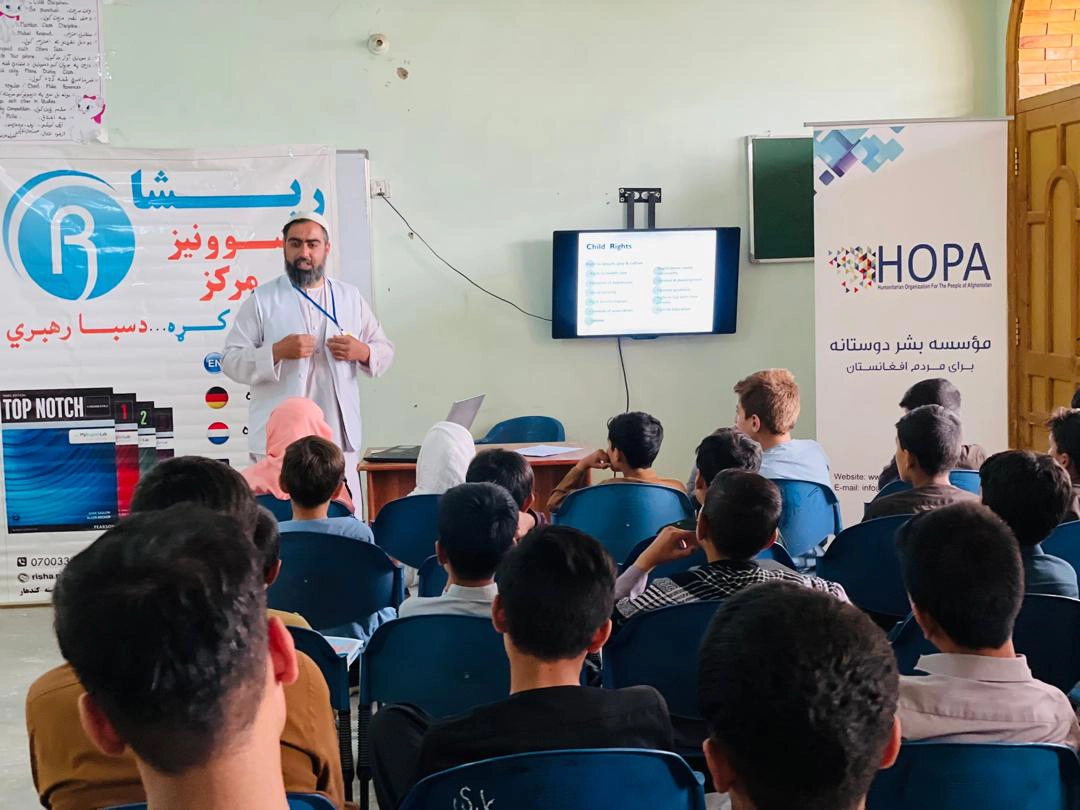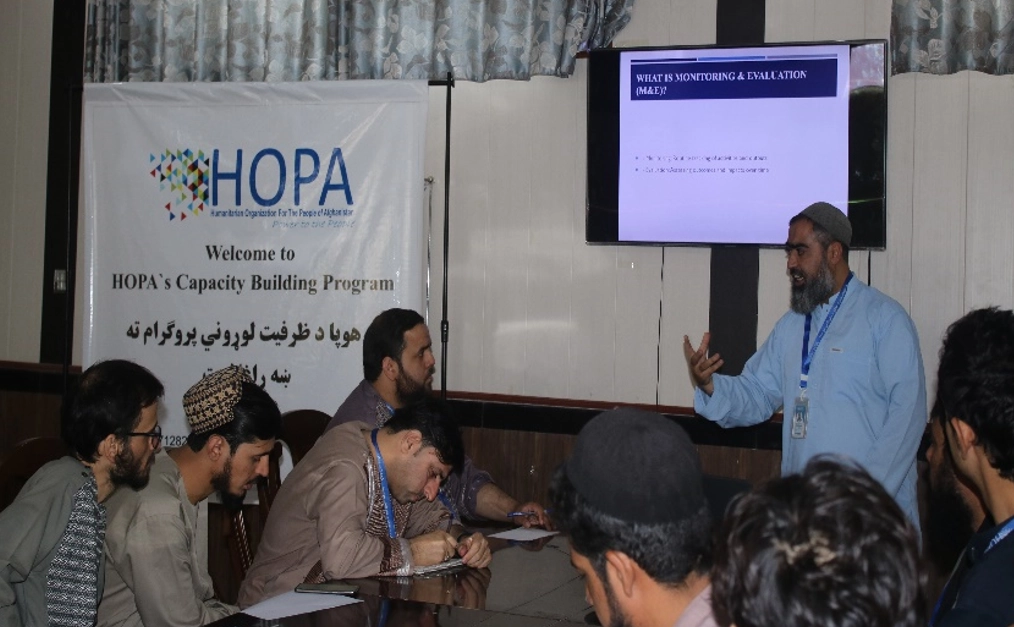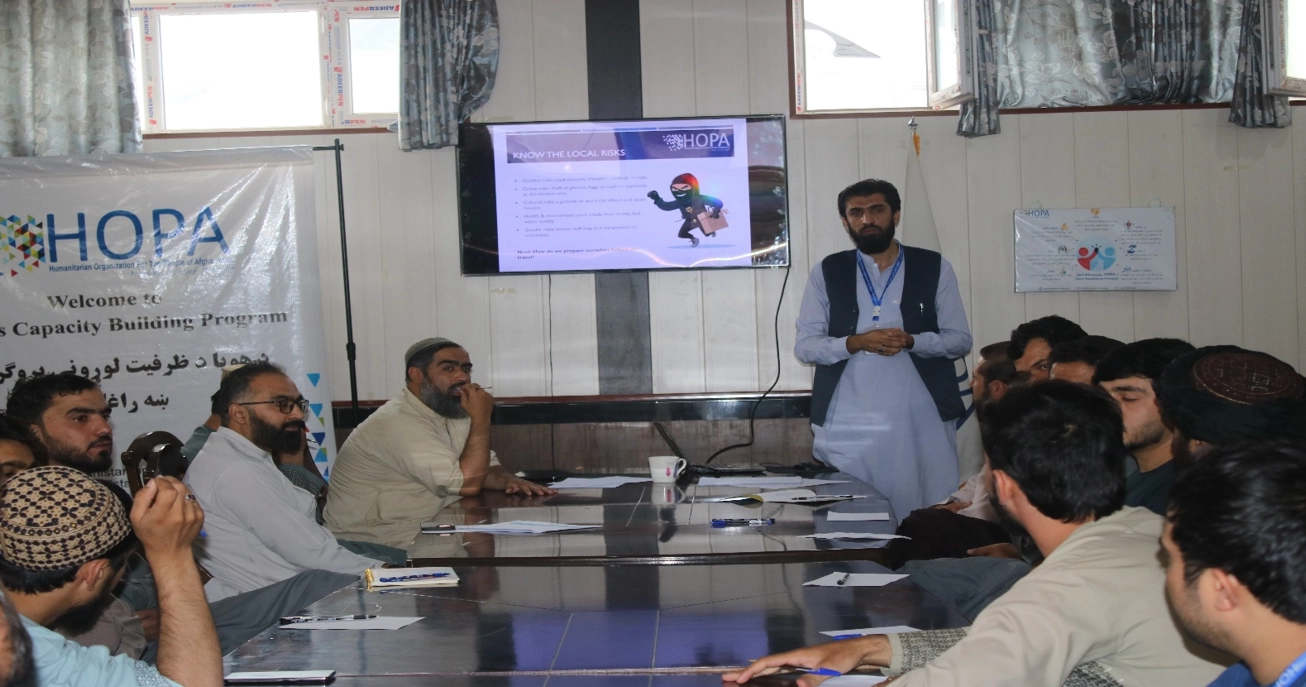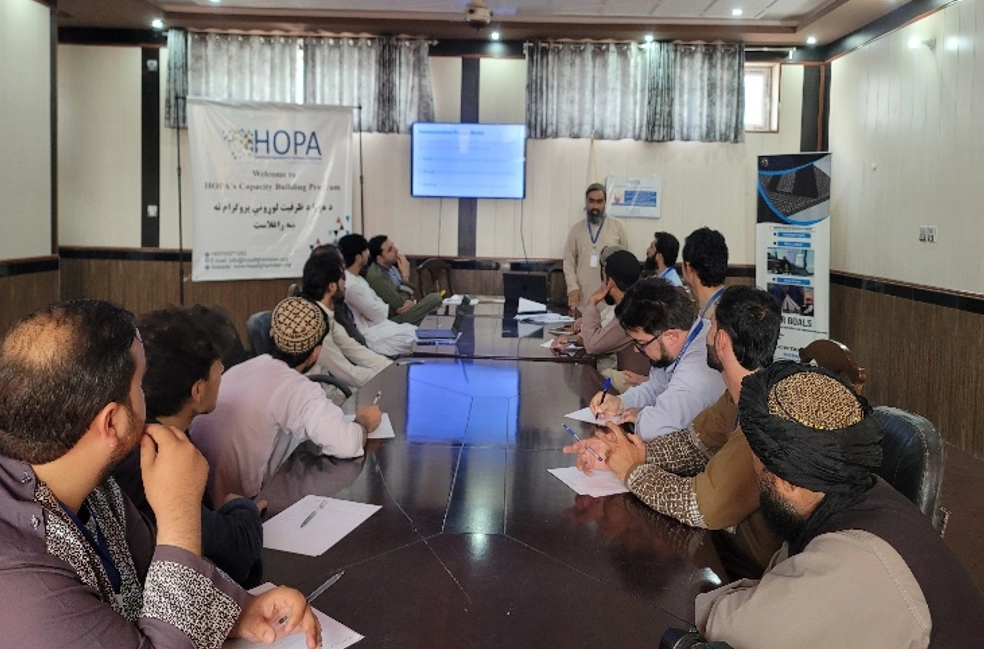Educate Women and Children Program (EWCP)

Educate Women and Children Program (EWCP)
Project Description
The overall goal of the Humanitarian Organization for the People of Afghanistan (HOPA) Program 2022 is to provide access to quality primary education for out-of-school children who are refugee or those who cannot afford to educational system and internally displaced children, and to support their retention once enrolled.
The Program is implementing and having progress with 3 different Educational Institutions with the location in Kandahar province Afghanistan. While the Program came to a positive outcome for society children who are eager to attain education and can’t afford the payroll for admission, hence it is for standardization of the society and for betterment of the educational program for eligible.

Objective 1: Expanding access to education
• Payment of school, exam and transport fees and cash grants to enable children to enroll and remain in school
• Provision of assistive devices for children with disabilities
• Enrolment of children in Accelerated Education Program
Objective 2: Improving the quality of teaching and learning
1. Provision of textbooks, library books and other teaching material for schools
2. Topic-specific teacher training carried out, including providing scholarships for teachers to enroll in certified training program
3. Support to extra-curricular activities
Objective 3: Ensuring safe learning environments for children
1. School uniforms provided to protect children on their way to and from school
2. Provision of psychosocial assistance for children in need
Objective 4: Promoting awareness and advocacy on the importance of education children
• Sensitization campaigns conducted
• Provision of education counselling and case management
Objective 5: Strengthening capacity building and partnerships
• Regular coordination meetings with key education stakeholders
• Partnerships with national and international, state and local education authorities strengthened
Objective 7: Emphasizing community participation in education
• Parent Teacher Associations supported with grants and trainings
• Student Management Committees (SMCs) developed, trained and supported
Objective 8: Promoting innovation in education programming and interventions
• Improve teaching and learning as well as data management through the provision of computers and internet access.
improving the quality of teaching and learning
Improving the quality of teaching and learning was the second objective of the Program, through activities such as the recruitment, payment and training of teachers and education personnel, the pro- vision of teaching and learning materials, as well as support to extra-curricular activities.
Ensuring safe learning environments for children
In addition to physical improvements of school infrastructure undertaken under objective 1, which contributed to ensure safer learning environments for both children and teachers, other activities, implemented under objective 3, focused on improving the safety of children on their way to and from school, as well as on improving their physical, psychological and developmental well-being.
Improving data collection, management and analysis to promote learning and better programming
enhancing the quality of data collection, management and analysis, in order to better inform education programming for children has been an increasingly important focus area of the Program, which, under objective 5, supported the recruitment, payment and training of specialized staff, the establishment and improvement of tools and systems, as well as the conduct of various surveys and assessments.
Emphasizing community participation in education
Community participation was encouraged in all locations, through support provided to the
establishment and development of community-based groups and committees, such as Parent Teacher Associations (PTAs) and School Management Committees (SMCs), which played an essential role in the successful implementation of education activities, as well as social cohesion between refugee and host communities.
PROJECT SUSTAINABILITY
The nature of the Humanitarian Organization for the People of Afghanistan (HOPA) Program facilitated the implementation of educational activities in a sustainable manner. As a multi-year program with guaranteed multi-year funding, prevocational operations were able to create multi-year plans that ensured the continuity of education activities over several years. In addition to being multi-year, cross-sectoral interventions are another strength of the Humanitarian Organization for the People of Afghanistan (HOPA) Program and contributed to situating education within a wider protection and solutions framework.



